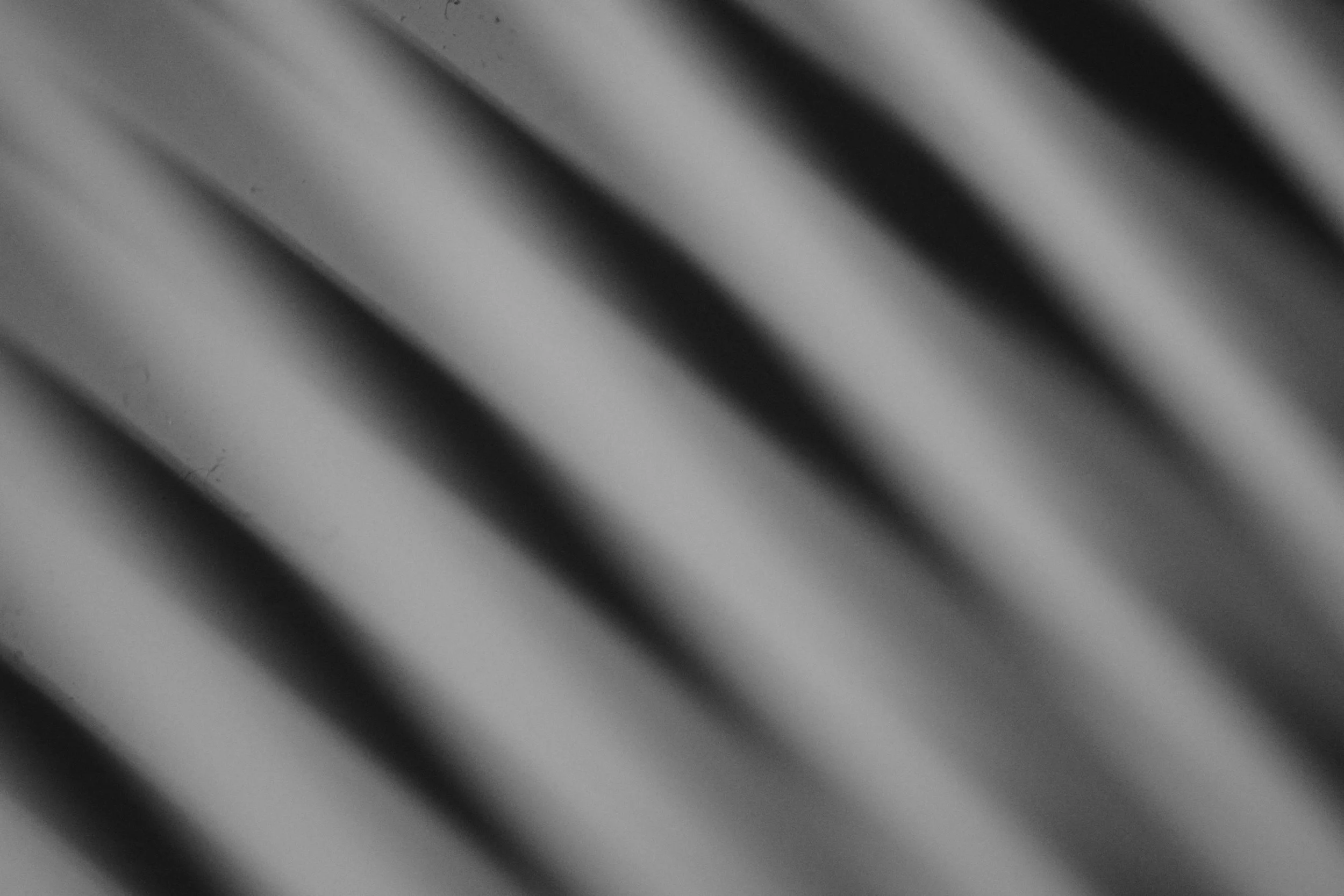Here are some interesting things Maldivians talked about on twitter last week.
Read MoreRecommended reading:
Sinking Streets Chapter 01 - The Male’ City Swimming Track
TVM Haze
Mohamed Nazim’s 2010 confession - a turning point for Maldivian minorities
A collection of Yameen Rasheed's writings on Maldives, Secularism, Standing up for Maldivian Minorities, and Fighting Religious Radicalism
The Sustainable Fishing Practices of Dhivehi Reef Fishermen (and how the resort industry is screwing them over)
A timeline of religious extremism, minority struggles, and human rights abuses in contemporary Maldives
My Experience Dealing With Maldives Police Service
The Greatest Maldivian Visual Artists of the 21st Century
Splinters Act I - The Akasha Frontier
That battle had been won. Maumoon Abdul Gayoom’s 30 year rule had come to a close. Maldivians had finally arrived in the “anneh dhivehiraajje” (other Maldives) that was promised by Mohamed Nasheed and the Maldivian Democratic Party. A different Maldives. One with liberty and justice, where people would be free to express themselves, to be themselves.
It was in this intoxicating atmosphere of promised progress that Mohamed Nazim boldly asked Zakir Naik what the punishment for apostasy in Islam was. He said the question was important to him as he himself was an atheist. What was the penalty for him, he asked, standing in the middle of a crowd buzzing with shock and rage. One can only imagine the fear, clearly visible through his body language, that he must have felt at that moment. Naik, perhaps not wanting the bad press of a murder happening at one of his events, deflected the question and said that it would be up to the Maldivian government to decide. And decide they would.
Read MoreHere are some interesting things Maldivians talked about on twitter last week.
Read MoreThere is not a moment where I am truly at ease. An innocent knock on the door in the middle of the day can create a crippling sense of dread. Is it just the postman? Or is it death come knocking? At night, it is even worse. What darkness lies at the end of the dim hall when I wake to relieve myself when all else is quiet?
Read MoreA project to map and document the sights and sounds from the various lovely benches around Tasmania.
Read MoreI initially began this post as an interactive timeline of Yameen Rasheed's best tweets, but it soon became too inaccessible due to the sheer amount of relevant posts that he was putting out.
So instead, here is a collection of some of his best writings. He deals with topics that very few people in the Maldives have the courage to openly write about. More importantly, the fact that he talked about these issues is being erased from the conversation about his murder.
Furthermore, the dangers and threats that he faced were not a characteristic unique to the current administration. He faced these same threats under Mohamed Nasheed's government as well, who is arguably the best and worst president that the Maldives has ever had. Nasheed promised freedom, but ended up granting those liberties only to religious extremists; and in the process condemned those who opposed those extremists to their fate. In an open letter to Nasheed written in March 2009, Yameen says that he was under investigation by the Maldives Police Service, and accused the president of failing to protect the rights of secular liberal minded Muslims like himself.
He was not your average journalist, blogger, or rights activist. He was of the rare breed that promoted secularism and actively acknowledged the existence of minorities within the Maldives such as LGBTQI people and apostates. There is absolutely no way that the work he was doing was comparable to the output of people who to this day deny the existence of such minorities.
He was a staunch opposer of the Maldivian constitution, which he called intolerant, for it's lack of the basic right of freedom of conscience. There is absolutely no way that he is comparable to the people who, even in their articles about his death, have failed to mention this extremely important fact of life in the Maldives.
Challenging religious radicalism was not some one off thing for Yameen. It was his bread and butter. His mashuni and roshi. To say Yameen didn't write a lot about religion is like saying Stephen King doesn't write a lot of horror. Post after post on his blog deals with these issues directly. Yameen was also the founder of the Facebook group "Ban The Adhaalath" - arguably one of the first ever online groups formed to directly tackle religious extremism within the Maldives.
How can there be a genuine democracy in the Maldives, how can there be genuine freedom, if the right to think differently is illegal?
Read More












